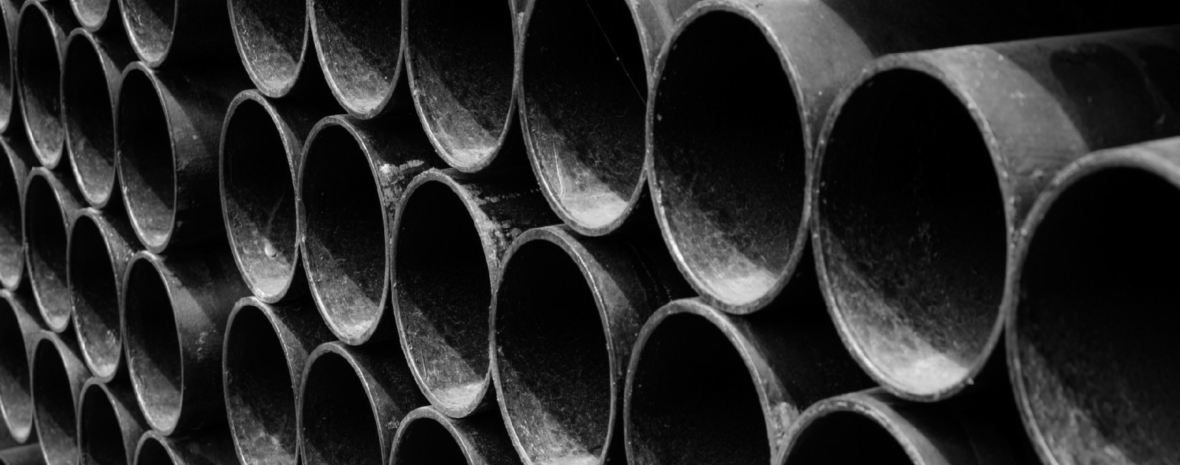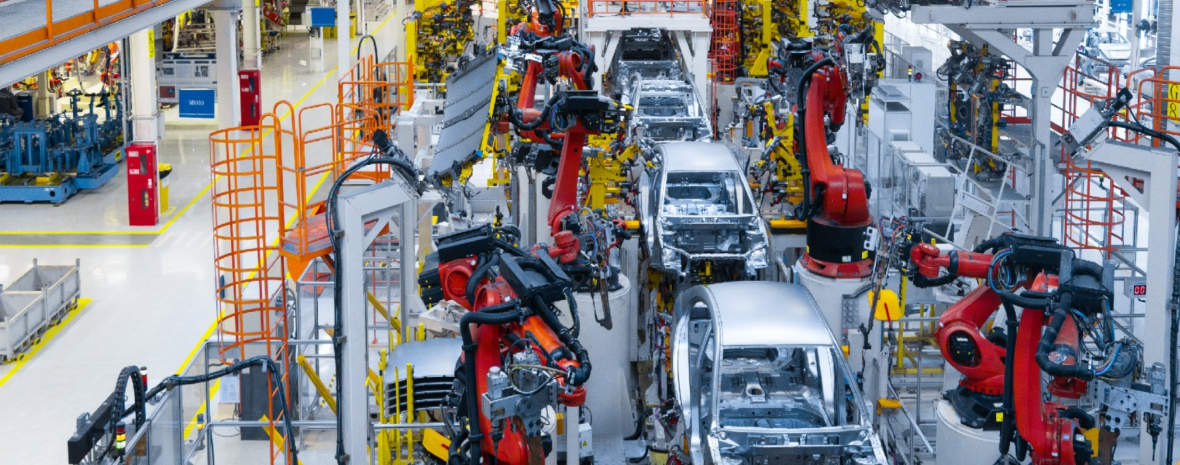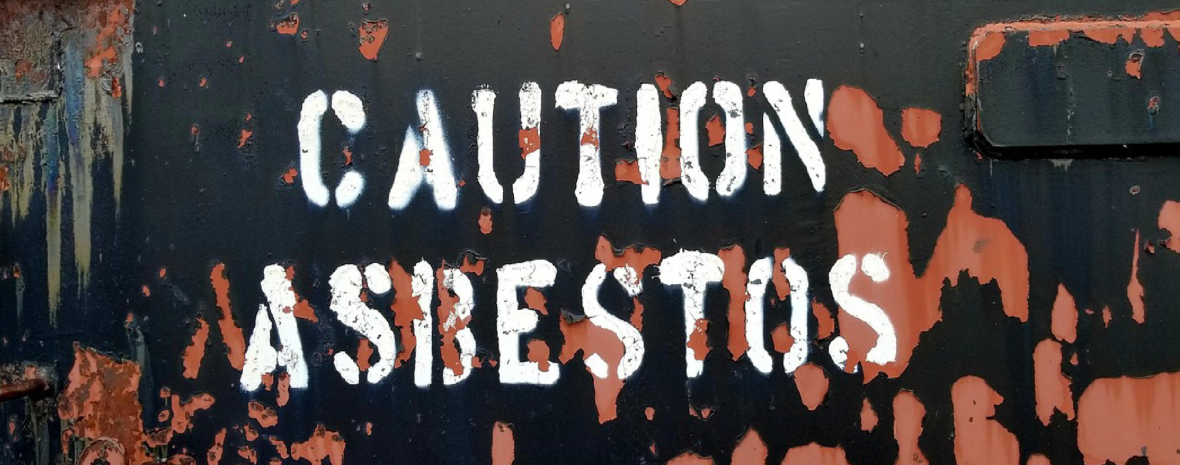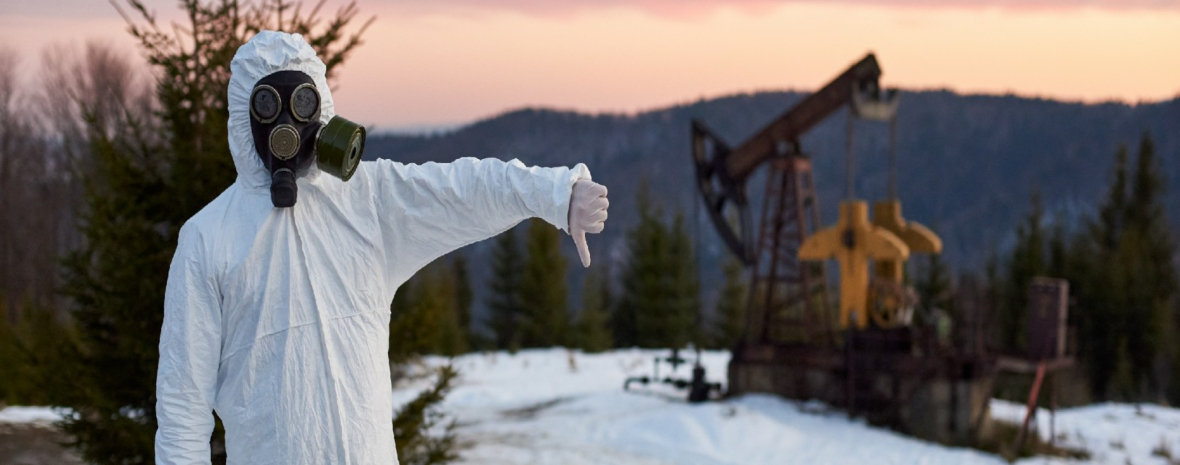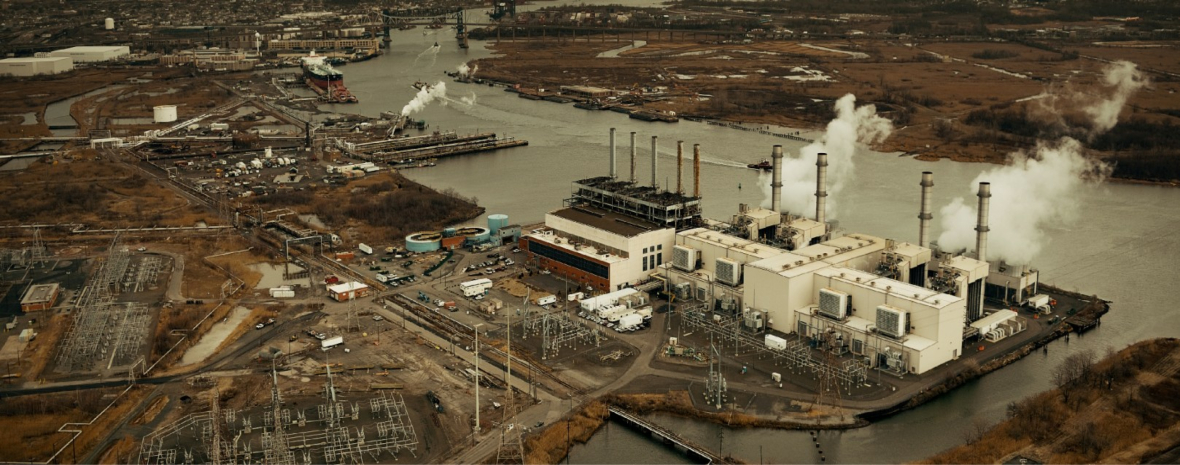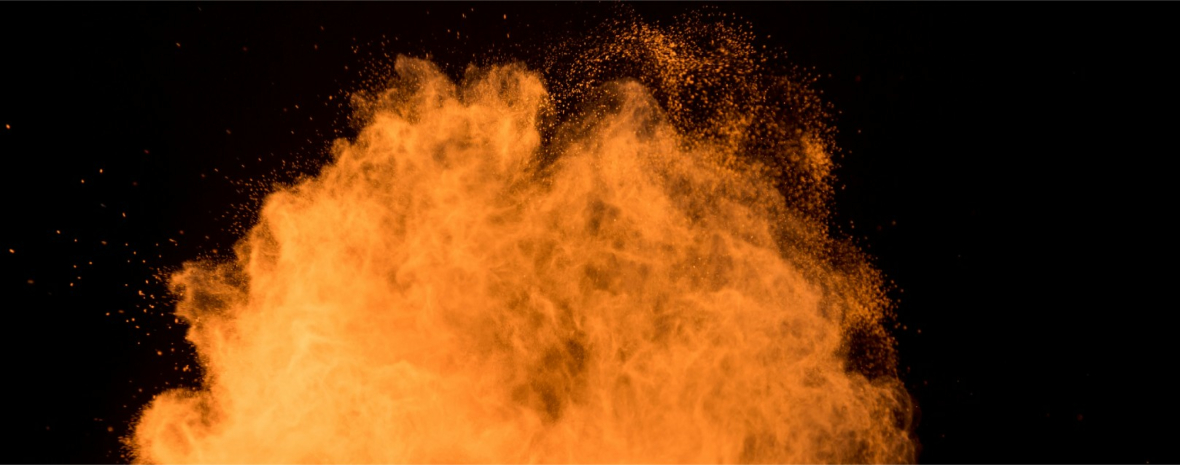We use cookies to make your experience better. To comply with the new e-Privacy directive, we need to ask for your consent to set the cookies. Learn more.
Author: International Enviroguard
New Lead Pipe Removal Safety Measures Issued By NIOSH
Heightened lead pipe removal safety measures are necessary to protect the health and well-being of those tasked with eliminating threats from our communities. To address the ongoing exposure problem, the National Institute for Occupational Safety and Health (NIOSH) published “Workplace Solutions:...
The State of Manufacturing in 2024
Since the U.S. and other countries came to a near economic standstill during the pandemic, growth has been relatively steady, and manufacturing trends show there is plenty of room for human beings alongside AI and automation. After dipping to $5.7 trillion in 2020, future trends in manufacturing...
Asbestos Protective Workwear Needed to Combat Excessive Airborne Fiber Exposure
A recent study indicates exposure to asbestos cement typically exceeds exposure limits in the U.S. Called “Exposure Hazards from Continuing Use and Removal of Asbestos Cement Products.” Researchers published their findings in the Annals of Work Exposures and Health.
Cold Weather PPE for Maintaining a Warm Core
Working in cold weather affects people differently, but excess exposure can result in illness, injury, and loss of life. The Environmental Protection Agency (EPA) noted that workplace fatalities increase upwards of 12 percent during winter due to cold stress. But what is particularly concerning...
Dangers of Start-up and Shutdown Operations
Chemical plants and refineries shut down for routine maintenance, inspections, repairs, and system changes typically on a yearly basis. When shutdown startup safety measures are strictly followed, corporations minimize the risk of injuries, fatalities, environmental harm, and maximize equipment...
NFPA 660: One Combustible Dust Standard
Why have several regulations that cover bits and pieces of something when you can have one that covers everything? That's the thinking behind the National Fire Protection Association (NFPA) when it comes to creating a new combustible dust standard. Known as the new NFPA 660: Standard for...
Latest PPE innovations for Workplace Safety
Driven by technological advancements and changing demographics, personal protective clothing innovations continue to evolve and meet worker safety needs. The pandemic radically changed mainstream perceptions about health hazards and how to guard against airborne contagions.
X Common Lab Wastes that can be Recycled
Laboratories use and consume a large amount of materials and energy due to the nature and scope of the work completed in these environments. But it is not just the raw materials and by-products that contribute to laboratory waste challenges. On a daily basis, laboratory personnel must handle and...
